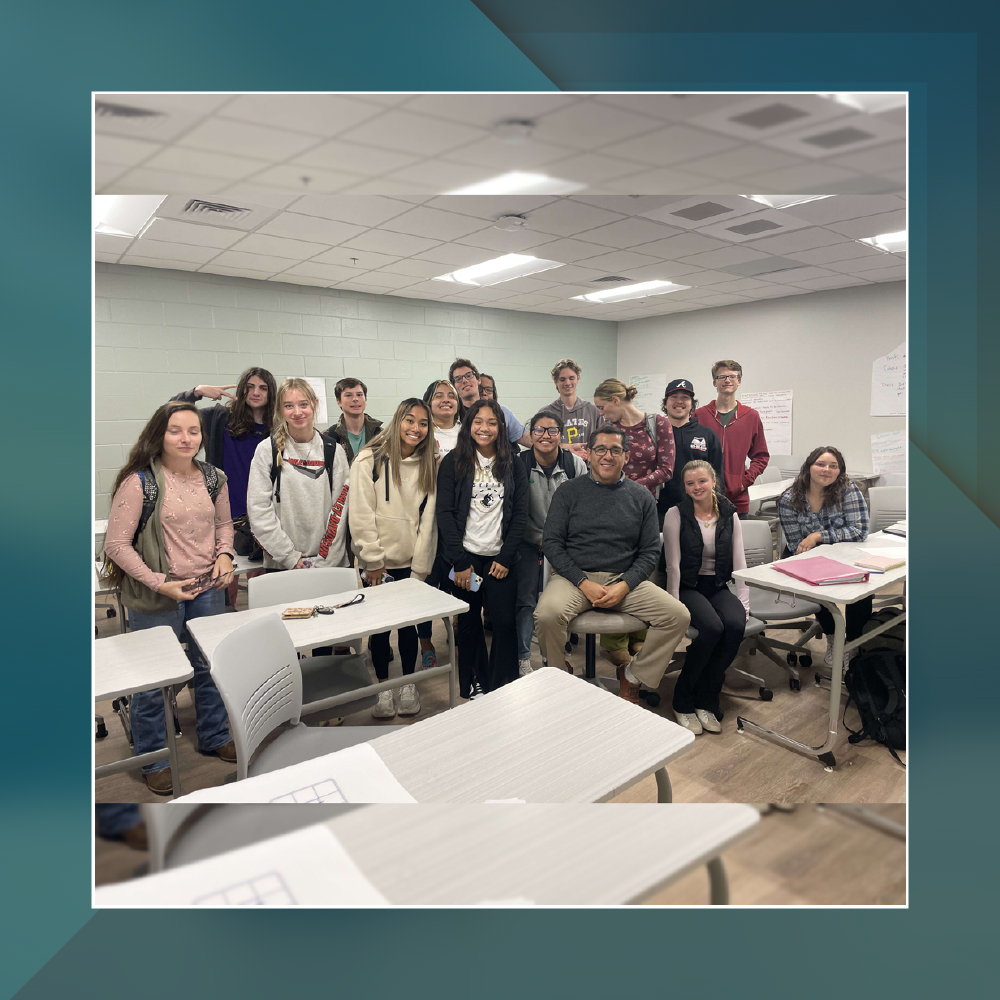
Education is a multifaceted journey that extends far beyond the classroom. While academic achievement is undoubtedly crucial, a truly enriching educational experience encompasses the holistic development of students. This holistic approach recognizes the importance of nurturing intellectual prowess and emotional, social, and physical well-being. In this article, we delve into holistic student development and explore how it shapes well-rounded individuals poised for success in all aspects of life.
Beyond the Classroom Walls
The conventional education system often excessively emphasizes academic performance, measured primarily through grades and standardized tests. However, a growing body of research suggests that an exclusive focus on academics can neglect other essential facets of a student’s growth. Holistic student development calls for a broader perspective. Acknowledging that learning occurs in various environments, both inside and outside the classroom.
Holistic education encourages schools and educators to create an environment where students can explore diverse interests. Engage in extracurricular activities, and develop various skills. By offering a more comprehensive educational experience, students are better equipped to navigate the complexities of the modern world.
Emotional Intelligence as a Cornerstone
One crucial aspect of holistic student development is the cultivation of emotional intelligence. Beyond memorizing facts and figures, students need to understand and manage their emotions effectively. Emotional intelligence plays a pivotal role in personal relationships, teamwork, and decision-making, skills that are vital not only in academic settings but also in professional and personal life.
Educational institutions prioritizing emotional intelligence create environments where students feel seen, heard, and valued. Implementing programs focused on self-awareness, empathy, and effective communication helps students develop. The emotional resilience to cope with challenges, fostering a sense of well-being beyond academic success.
Fostering Social Connection and Community Engagement
Holistic student development strongly emphasizes building social connections and fostering a sense of community. Educational institutions should strive to create an inclusive environment where students feel connected to their peers, teachers, and the broader community. Social skills developed through collaboration, teamwork, and community engagement are integral to a student’s ability to thrive in diverse social settings.
Beyond the classroom, schools can facilitate opportunities for community service, volunteer work, and extracurricular activities that encourage students to interact positively with their surroundings. This enhances their social skills and instills a sense of responsibility and empathy. Reinforcing that education is not just about individual achievement but also about contributing to the well-being of the larger community.
Physical Well-being: A Foundation for Academic Success
Physical health is a cornerstone of holistic student development, often overlooked in traditional educational settings. Recognizing the strong connection between physical well-being and academic success, educators increasingly incorporate initiatives promoting a healthy lifestyle. Regular physical activity enhances cognitive function and improves mental health, reducing stress and anxiety.
Physical education programs, sports, and recreational activities allow students to develop discipline, resilience, and teamwork. Moreover, fostering healthy habits during the formative years sets the stage for a lifetime of well-being. Reinforcing that education extends beyond knowledge acquisition to encompass a holistic approach to personal development.
Cultivating Critical Thinking and Creativity
A holistic education places a premium on nurturing critical thinking skills and fostering creativity. While academic subjects provide a foundation of knowledge, thinking critically and approaching challenges creatively are essential for success in an ever-evolving world. Holistic student development encourages educators to go beyond rote memorization and standardized testing. Focusing on cultivating skills that empower students to analyze, innovate, and solve problems independently.
Implementing project-based learning, creative assignments, and opportunities for independent research allows students to explore their interests and develop a passion for lifelong learning. This approach enhances their academic abilities and equips them with the adaptability and resilience needed to thrive in a dynamic and uncertain future.
The Role of Mentoring and Guidance
Practical mentoring and guidance play a crucial role in holistic student development. Beyond academic advising, mentors can provide valuable insights, emotional support, and personal and career development guidance. Establishing vital mentorship programs fosters positive relationships between students and mentors, creating a support system beyond the classroom.
Mentors can help students navigate challenges, set realistic goals, and explore potential career paths. This personalized approach acknowledges that each student has unique strengths, weaknesses, and aspirations. By incorporating mentoring into the educational framework, institutions contribute to the holistic development of students. Empowering them to make informed decisions and pursue meaningful paths.
Holistic student development represents a paradigm shift in education, recognizing that academic success is just one aspect of a student’s journey. Nurturing the whole student involves fostering emotional intelligence, building social connections, promoting physical well-being, cultivating critical thinking and creativity, and providing effective mentoring. Educational institutions prioritizing holistic development create an environment where students are prepared for exams and equipped with the skills, values, and resilience needed to thrive in all aspects of life.
By embracing a holistic approach, we empower future academically proficient, socially adept, emotionally resilient, and creatively innovative leaders. As we redefine the purpose of education, let us strive to create learning environments that inspire students to reach their full potential. Not just as scholars but as well-rounded individuals prepared to make meaningful contributions to the world.